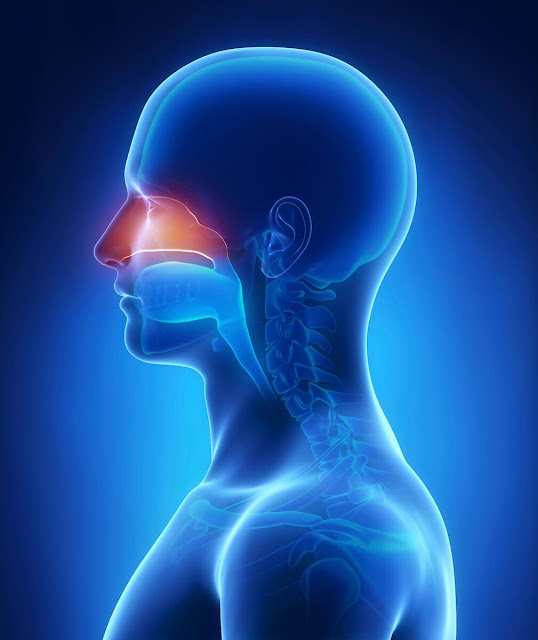Nasal delivery systems offer quick absorption, low probability of overdose, and increased patient compliance
Administration of pharmaceutical drugs through the nasal passage,
for achieving quick absorption of medicine is otherwise known as oral drug
delivery systems.
The most common type of drug delivery system is the syringe. The
syringe can be either in the form of a needle or capillaries and can provide
the drug directly into the patient's nose. The process of administration of
medication involves the needle puncturing into the nasal lining and injecting
the medicine. The needle is made of soft material and is often coated with a
lubricant.
Another type of inhaler uses compressed air to produce a vapor,
which is then inhaled by the user. A sprayer is another popularly used inhaler.
It contains an aerosol solution of medication that releases it into the air.
There are several forms of these inhalers available in the market. Oral devices
like the inhaler and the pen are used to administer the medication. The oral
inhaler works faster than the syringe, thus providing the patients with fast
results. The main benefit of an inhaler is to provide quick relief from
respiratory symptoms like cough, fever, and chest tightness.
These aerosol delivery devices are generally found to be more
effective than the syringe since the aerosol solution has fewer chances to be
absorbed by the body tissues. They are also very convenient and safe to use.
The aerosol solution is usually produced using a spray gun or some sort of a
machine.
The inhalation device is considered to be one of the most
important parts of any Nasal
Drug Delivery System.
Nasal spray dispensers are usually used when patients require more
than a single dose of medicine. There are different types of nasal spray
available in the market, each with its own mechanism and properties to offer
rapid relief.
Aptar Pharma’s announced that Bidose Nasal Drug Delivery Device
was recently approved by U.S. FDA for breakthrough treatment of depression.



Comments
Post a Comment